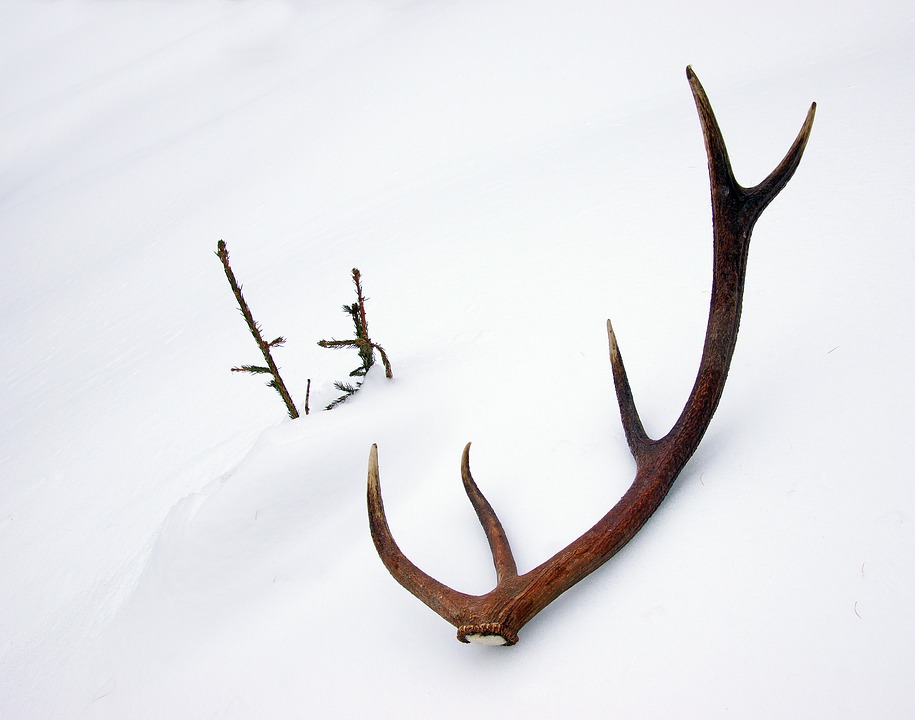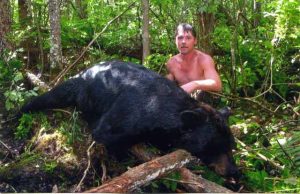As most of us have been made aware, a particularly cold and snowy winter has swept the western United States, leaving many wildlife species in peril. As feed stations are popping up in Colorado, Utah and other states, wildlife officials across the west are doing their very best to help wildlife, such as deer and elk, cope with winter.
As conditions are not expected to improve anytime soon, the Utah Division of Wildlife Resources announced Tuesday that they would be enacting an emergency amendment to the 2017 Big Game Application Guidebook. The amendment will close shed antler gathering or hunting in a number of counties across Utah.
“These animals and other wildlife in the areas are stressed,” Division of Wildlife Resources Director Greg Sheehan said. “They cannot sustain being repeatedly moved around by shed hunters looking for dropped antlers.
“We support shed antler gathering,” he said, “but we’re asking, through this emergency order, that you wait until April 1 to move through these winter range areas.”
With hopes of keeping local herds healthy, the amendment officially suspended shed hunting in the following counties until April 1, 2017.
Northern Utah
- Box Elder
- Cache
- Rich
- Morgan
- Summit
- Wasatch
- Weber
Northeastern Utah
- Duchesne
- Uintah
Southeastern Utah
- Carbon
- Emery
Despite the emergency amendment affecting these 11 counties, the state still remains open to shed hunting across 18 other counties. Wildlife officials reminded seasonal and prospective shed hunters that before taking to the woods in search of dropped bone, participating parties must complete the Department’s free shed antler gathering course.
Additionally, officials reminded the public that while shed hunting is open across the 18 counties, many wildlife management areas in the counties are closed during the winter and spring, giving wildlife extra protection during this vulnerable time of year.
The Department is asking recreational users to keep their distance when encountering wildlife in the field, with both personal and animal safety in mind.
“Do not approach, pick up, chase or handle wildlife,” Sheehan says. “Even if you’re trying to help, it’s not good for the animals, and it’s potentially dangerous for you. If you see something you’re concerned about, please contact the nearest DWR office.”




